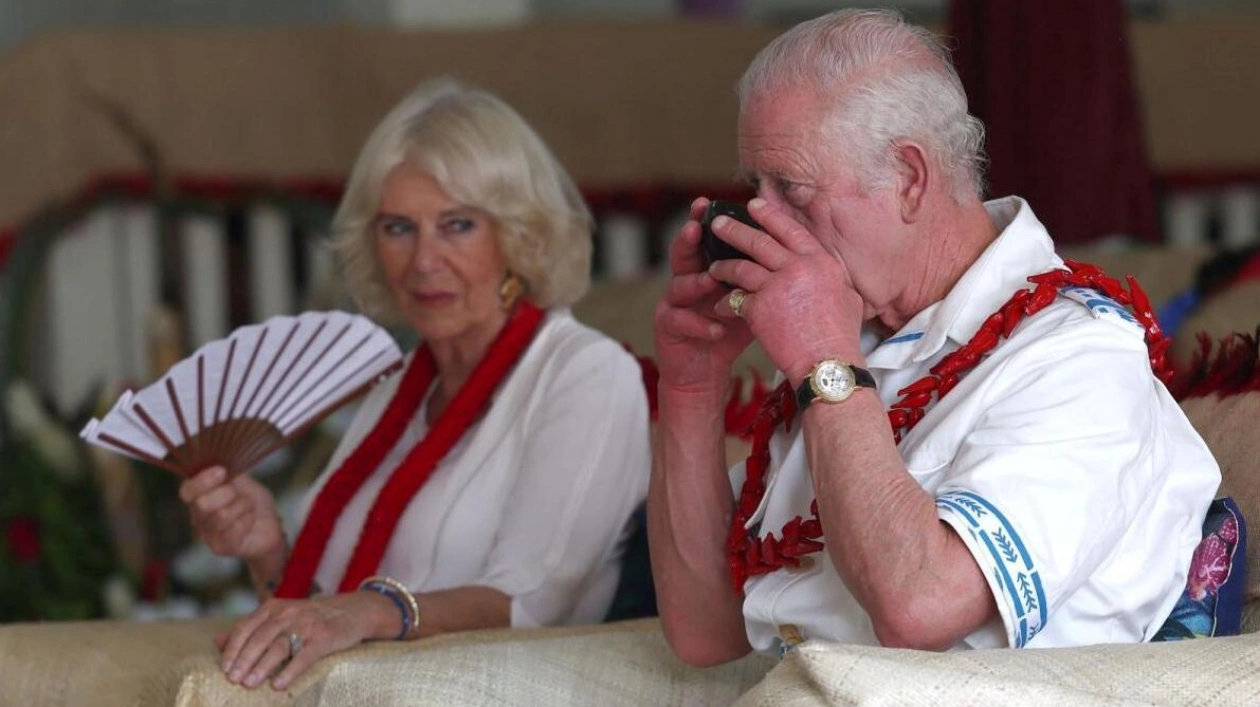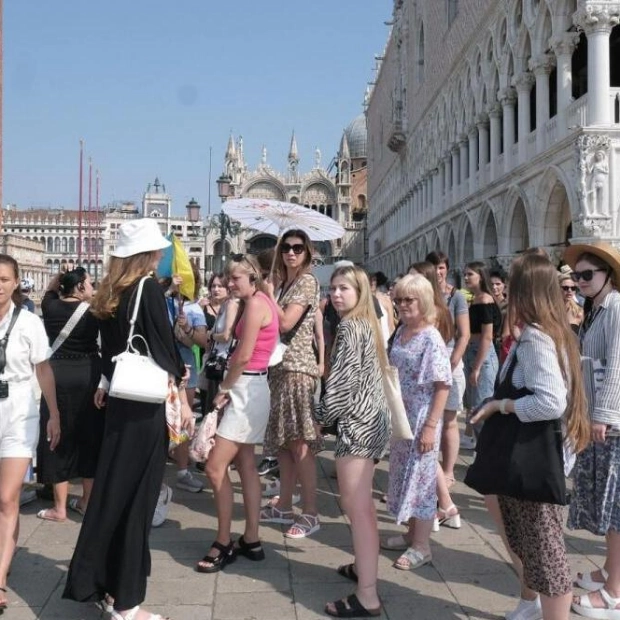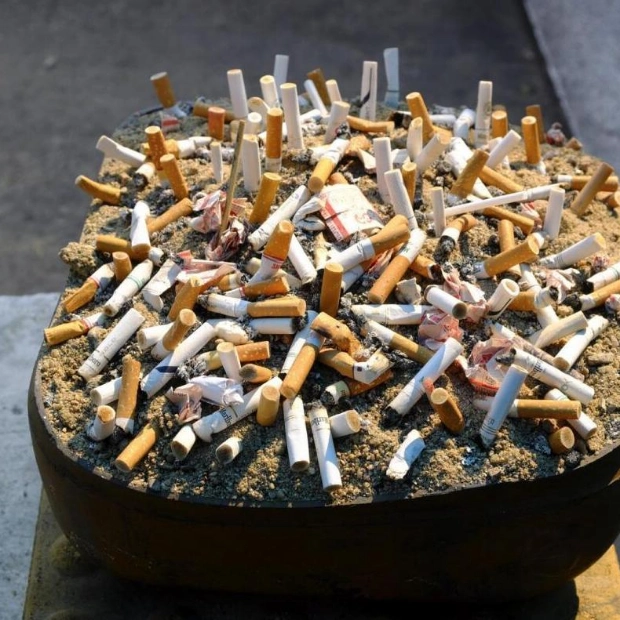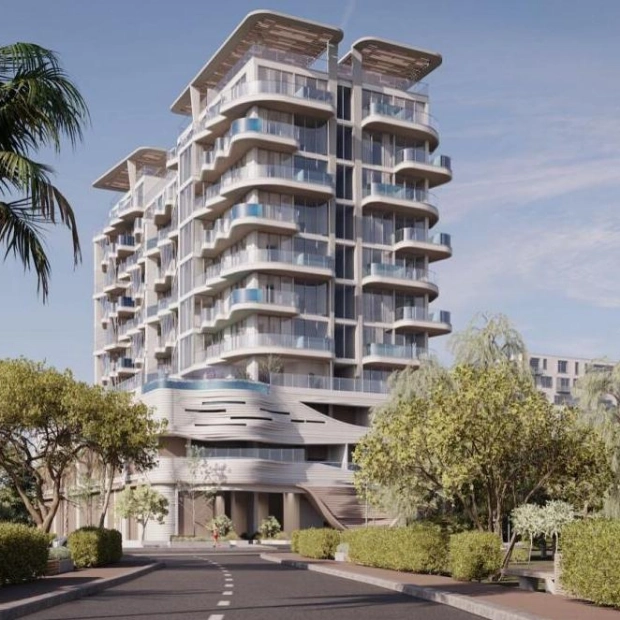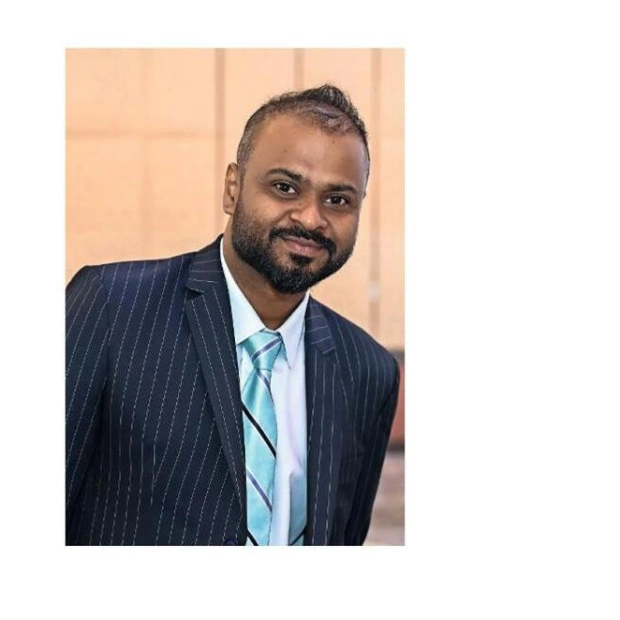Britain's King Charles III participated in a traditional kava-drinking ceremony, locally known as "ava", in Moata’a village, Samoa’s capital city Apia, on Thursday, with Queen Camilla observing.
King Charles III engaged in a customary kava ritual before a gathering of bare-chested, heavily tattooed Samoans and was honored as a "high chief" of his Pacific island realm. The British monarch is currently on an 11-day tour of Australia and Samoa, independent nations where he remains head of state, marking his first significant foreign trip since his cancer diagnosis earlier this year. Dressed in a white safari-style suit, the 75-year-old king sat at the head of a carved timber longhouse, where he was served a polished half-coconut filled with a mildly narcotic kava brew. The peppery, slightly intoxicating root drink is integral to Pacific culture and is locally referred to as "ava". The kava roots were ceremoniously paraded around the marquee, prepared by the chief's daughter and filtered through a sieve made from the dried bark of a fau tree. Once prepared, a Samoan man loudly decanted the drink, which was then presented to the king. Charles spoke the words: "May God Bless this ava" before sipping it. The ceremony concluded with applause. Queen Camilla, seated beside him, used a fan to combat the stifling tropical humidity.
Many Samoans are thrilled to host the king, marking his inaugural visit to the Pacific Island nation, which was once a British colony. The royal couple later visited the village of Moata’a, where Charles was bestowed the title "Tui Taumeasina" or high chief. According to local legend, the area around Moata’a is where the coconut originated. "Everyone has taken to our heart and is eagerly anticipating the king's arrival," local chief Lenatai Victor Tamapua told AFP prior to the visit. "We feel honored that he has chosen to be welcomed here in our village. As a gift, we would like to confer upon him a title." Tamapua also planned to discuss climate change with the king and queen, showcasing the local mangroves. "The high tides are eroding our reef and mangroves," he explained, noting that food sources and communities are being washed away or inundated. "Our community depends on the mangrove area for mud crab and fish, but over the past 20 years, the tide has risen by about two or three meters (up to 10 feet)."
The king's visit to Samoa also coincides with the Commonwealth Heads of Government Meeting in Apia. The legacy of the British Empire is a significant topic at the meeting. Commonwealth leaders will select a new secretary-general from an African country, following regional rotations of the position. All three likely candidates have publicly advocated for reparations for slavery and colonialism. One candidate, Joshua Setipa from Lesotho, suggested that the resolution could include non-traditional forms of payment such as climate financing. "We can find a solution that will address some past injustices and contextualize them within current issues," he said. Climate change is a prominent agenda item. Tuvalu, Vanuatu, and Fiji have supported calls for a "fossil fuel non-proliferation treaty," urging Australia, Britain, and Canada to reduce emissions. Pacific leaders argue that these three countries have historically accounted for over 60 percent of the Commonwealth's fossil fuel emissions. Vanuatu's special envoy for climate change, Ralph Regenvanu, called on other nations to join the treaty. "As a Commonwealth family, we expect those dominating fossil fuel production in the Commonwealth to halt the expansion of fossil fuels to protect what we cherish in the Pacific," he said. Australia's foreign minister, Penny Wong, acknowledged the challenges ahead for her gas and mineral-rich nation. "We understand the significant work required, and I have been transparent with every partner in the Pacific," she said. Pacific island nations, once viewed as paradises fringed with palm trees, are now among the most climate-threatened regions on the planet.
Source link: https://www.khaleejtimes.com
